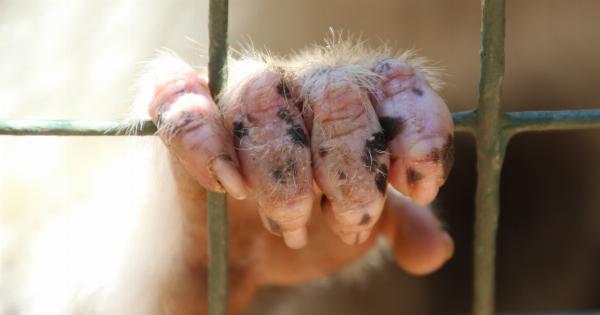The human brain is a complex and fascinating organ that has the ability to process emotions in various ways. For instance, when we experience a shocking event, we process it differently than when we feel lonely.
Recently, a study was conducted to determine which emotion people prefer – shock or loneliness. The findings of the research are quite interesting and shed light on how our brain processes different emotions.
The Study
The research conducted by a team of scientists aimed to investigate how people react to different emotions and which one they prefer. The team used various methods to gather data, including surveys, behavioral tests, and brain imaging techniques.
Over 500 people participated in the study, and their responses were analyzed to determine their preferences.
Shock vs. Loneliness
One of the main findings of the study was that people preferred shock over loneliness.
When asked to choose between two scenarios, one in which they would experience a shocking event and one in which they would feel lonely, the majority of respondents chose the former. This indicates that people are more inclined to experience intense emotions rather than feeling isolated and alone.
Why Shock is Preferred
The study also revealed some insights into why people prefer shock over loneliness. It turns out that when we experience a shocking event, our brain releases a chemical called dopamine, which is associated with pleasure and motivation.
This reward system in our brain encourages us to seek out intense experiences and is responsible for our preference for shock over loneliness.
On the other hand, when we feel lonely, our brain releases stress hormones, such as cortisol, which can be harmful to our health in the long run. It is no surprise, then, that people are less inclined to choose loneliness over a shocking experience.
Implications of the Study
The findings of this study have important implications for our understanding of human behavior and emotions. It suggests that people are wired to seek out intense experiences and pleasure, even if it means subjecting themselves to a shocking event.
This can have both positive and negative effects, depending on the situation.
For instance, in the context of entertainment and media, people are more likely to watch movies or shows that are shocking and intense rather than ones that are slow-paced and introspective.
In this sense, the preference for shock is not necessarily harmful. However, in personal relationships, seeking out intense experiences may lead to risky behavior that can be detrimental to one’s health and well-being.
Conclusion
The research conducted on the preference for shock over loneliness helps us understand how our brain processes emotions and directs our behavior.
It indicates that we are naturally inclined to seek out intense experiences and that this preference for shock is linked to the release of dopamine in our brain. While this can have both positive and negative effects, it is important to be aware of our preferences and act in a way that promotes our health and well-being.




























